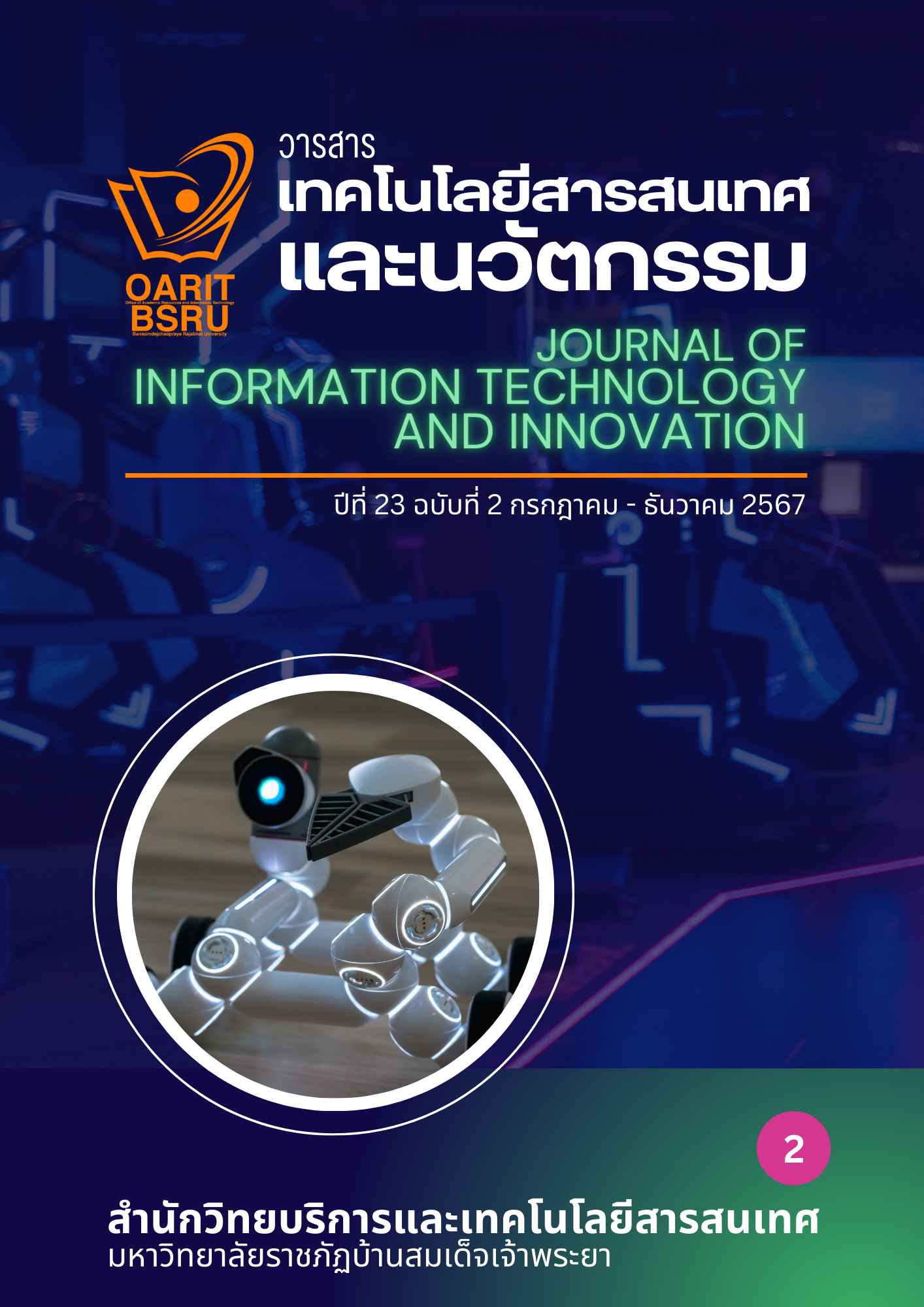Comprehensive Integrated IT Teaching Training Model of Chinese Kindergarten Teachers
Keywords:
Kindergarten teacher training, Integrated IT Teaching Methods, Information technology capacity, Kindergarten teacher training (KTT) modelAbstract
This study aims to investigate the current problems in current kindergarten teaching practice, design a kindergarten teacher training (KTT) model for integrated IT teaching methods suitable for kindergartens in Wenzhou city, and evaluate the KTT model. The sample comprises 21 Chinese experts with a background in early childhood education. Structured questionnaires were used for interviews. Statistical data analysis included median and quartile statistics.
Research showed problems in current kindergarten teaching and training, including training needs, content, methods and tools, strategies, organization, and evaluation. The developed KTT model is influenced by 36 factors, such as: Training needs in professional knowledge and skills, teaching resources and tools, updating teaching methods and strategies, personal development needs, social needs, individual differences, and feedback comments; Training content of early childhood education theory, special education needs, children’s mental health and behavior management, professional competence enhancement, principles of early childhood education, multicultural education; Training strategies in participatory training, progressive training, targeted course design, incentive mechanisms diversified, training formats, peer support and sharing, training organization: plans and goals, incentive mechanism, learning activities, financial support, management mechanism, resource construction; Training evaluation in assessment content, training effectiveness evaluation, formative assessment, participation assessment, ongoing monitoring evaluation, and satisfaction evaluation; Training methods and tools in practical teaching, assistive technology, practice activities and observation classes, training manuals and materials, group discussions and collaboration, learning communities, and discussion platforms. The proposed KTT model was anonymously accepted by experts as highly practical and feasible. The model was implemented and evaluated through experimental comparison with a control group. Then, the use of the model is recommended for kindergarten teacher training. In the process of using the model, it needs to be continuously iterated and optimized for obtaining effective appropriate conditions.
References
Alliger, G. M, et al. (1997). A meta-analysis of the relations among training criteria.
Personnel Psychology. 341-358.
Cai, Y. Q., & Zheng, J. (2018). Empirical study on the training needs of kindergarten teachers.
Education Research and Experiment. (01), 66-70.
Chen, L. (2019). Preliminary exploration of the "Artificial Intelligence + Teacher Education"
ecosystem. Modern Educational Technology. (09), 13-18.
Huang, X. (2023). Problems and countermeasures in the transformation of rural kindergarten
teacher training outcomes under the training transfer theory. Journal of Heihe University. (02), 101-103.
He, Y. H. (2015). Evaluation analysis of the training effects of the "National Training Plan" for
teachers (master's thesis, Beijing Second Foreign Language Institute).
Jiang, Y. T. (2022). Case study on the training needs of backbone kindergarten teachers.
Asia-Pacific Education. (20), 41-44.
Jiang, L. Q. (2021). Case study on in-house training for public kindergarten teachers in Chengdu
(master’s thesis, Chengdu University).
Mao, N.J. & Lin, F. (2010). Constructing a Teacher Training Evaluation System Based on the CIPP
Model and Kirkpatrick Model. Journal of Beijing Normal University (Education).15-17.
Peng, G. (2020). The value orientation and practical paths of standardized teacher training courses. Journal of Fujian College of Education, (10), 104-106+124.
Qi, Q. L. (2019). Innovation in the on-site training model for kindergarten teachers. New Curriculum Research, (26), 126-127.
Su, X. J. (2015). Survey of training needs of rural kindergarten teachers in Xinjiang—Based on the 2014 "National Training Plan" replacement off-job training project. Journal of Suzhou Education Institute. (04), 93-95.
Tian, D. D. (2024). Issues and solutions in the construction of a training system for primary, secondary, and kindergarten teachers. Liaoning Education. (08), 47-49.
Wang, J. J., & Wu, S. N. (2020). Improvement strategies for teacher training methods based on the theory of transformative adult learning. Journal of Higher Continuing Education. (06), 48-52.
Xu, Y. Y. (2023). Strategies for enhancing the information technology application skills of primary and secondary school teachers in the digital age. Henan Educati. on (Teacher Education). (07), 27.
Yan, Y. J. (2023). Problem-solving strategies in kindergarten teacher training—Taking "Indoor Physical Games Development and Implementation" as an example. Journal of Ningbo Education Institute. (02), 61-64.
Zhou, X. D. (2017). Study on the effectiveness of national-level kindergarten teacher training policies (master’s thesis, Fujian Normal University).
Zhu, X. D. (2018). On the top-level design of Chinese teacher team building in the new era. China Teacher. (07), 22-26.
Zhang, M. Q. (2013). Current situation survey on the practical effectiveness of new kindergarten teacher training. Journal of Fujian College of Education. (05), 105-110.
Zhao, D. C., Liang, Y. Z., & Zhu, Y. L. (2010). Review and reflection on the research of teacher
training needs analysis. Educational Science. 26(5), 64-68.
Downloads
Published
How to Cite
Issue
Section
License
Copyright (c) 2024 Journal of Information Technology and Innovation

This work is licensed under a Creative Commons Attribution-NonCommercial-NoDerivatives 4.0 International License.
บทความ ข้อความ ภาพประกอบ และตารางประกอบที่ลงพิมพ์ในวารสารเป็นความคิดเห็นส่วนตัวของผู้นิพนธ์ กองบรรณาธิการไม่จำเป็นต้องเห็นตามเสมอไป และไม่มีส่วนรับผิดชอบใดๆ ถือเป็นความรับผิดชอบของผู้นิพนธ์เพียงผู้เดียว






